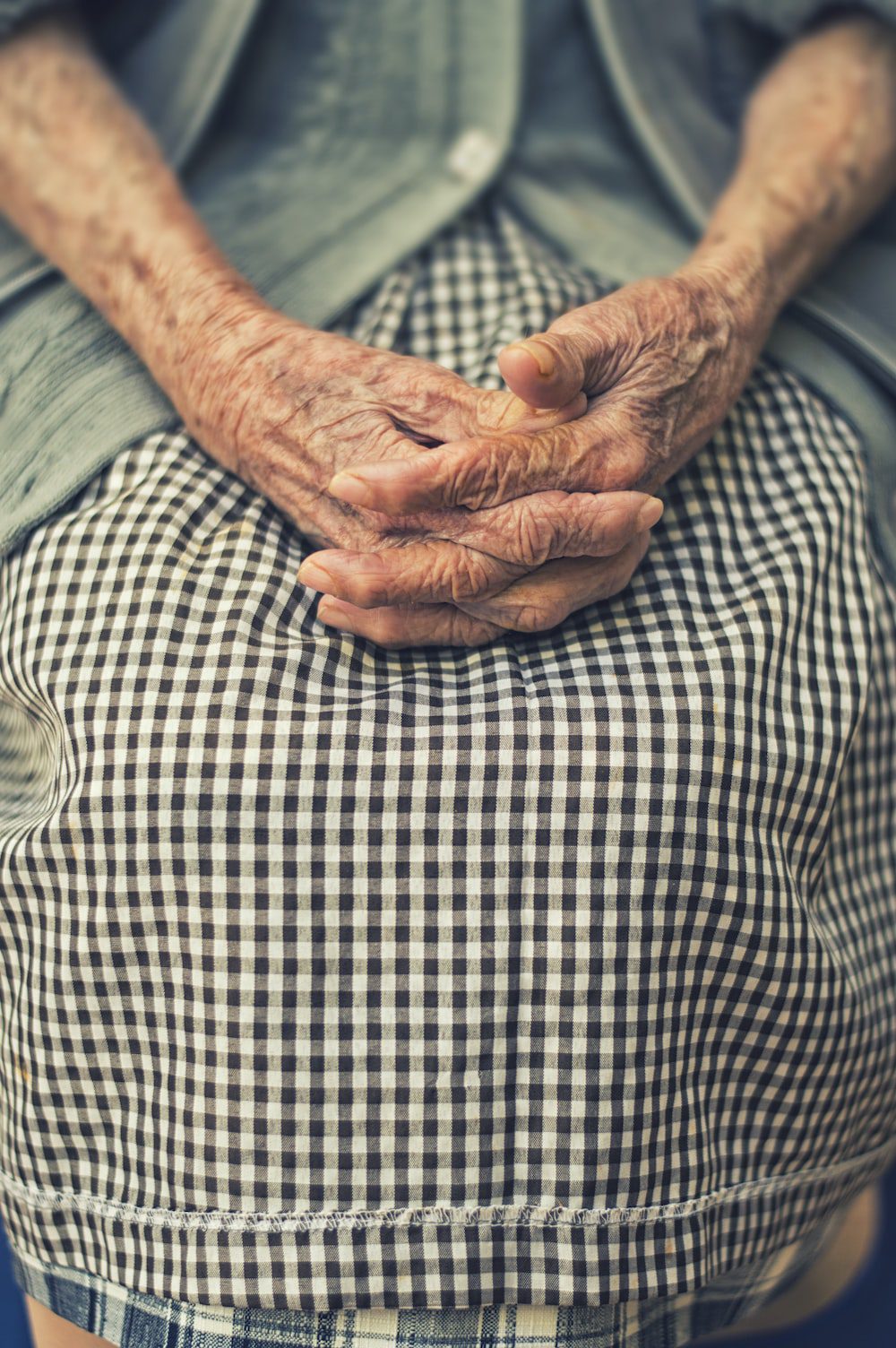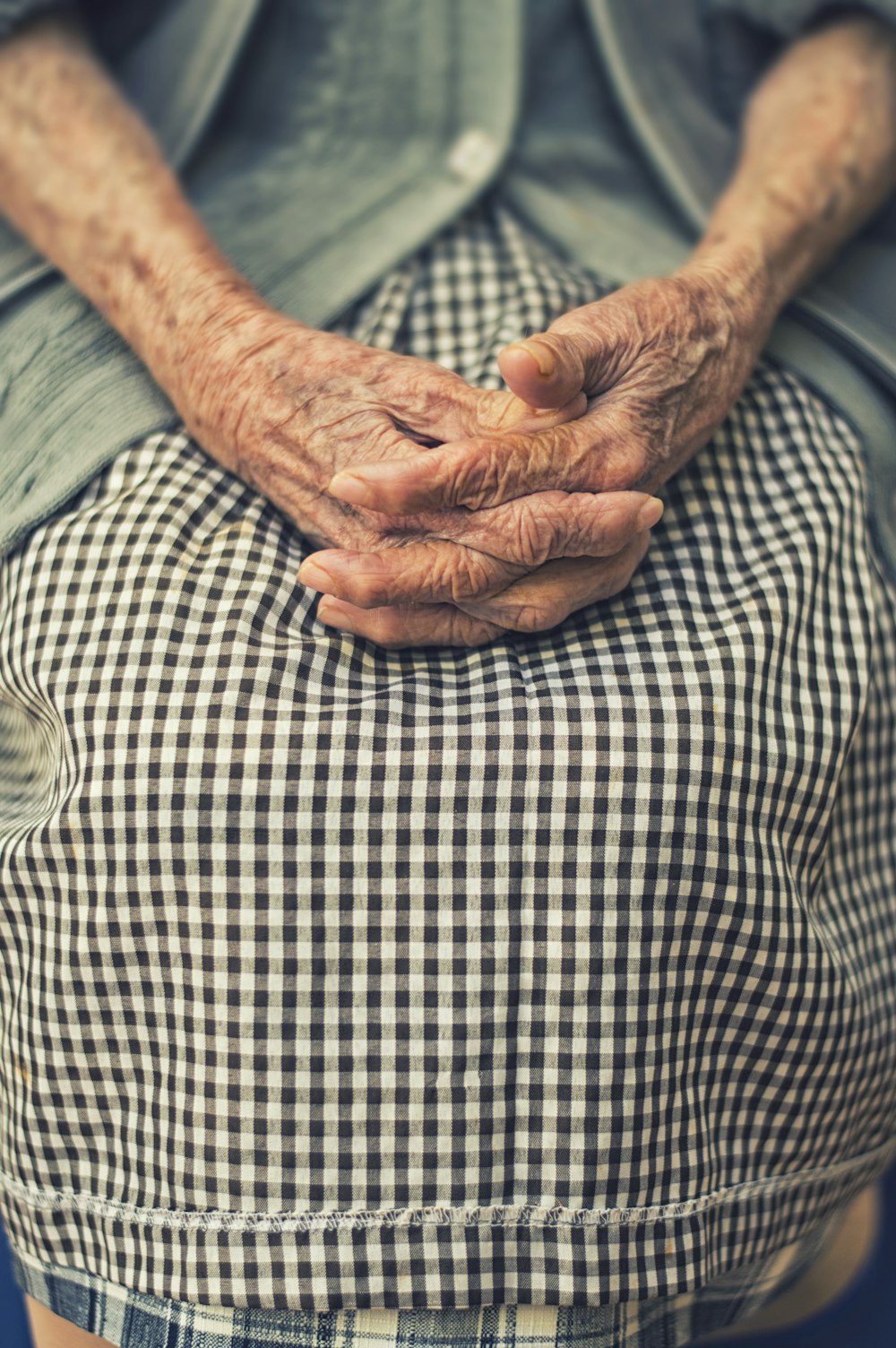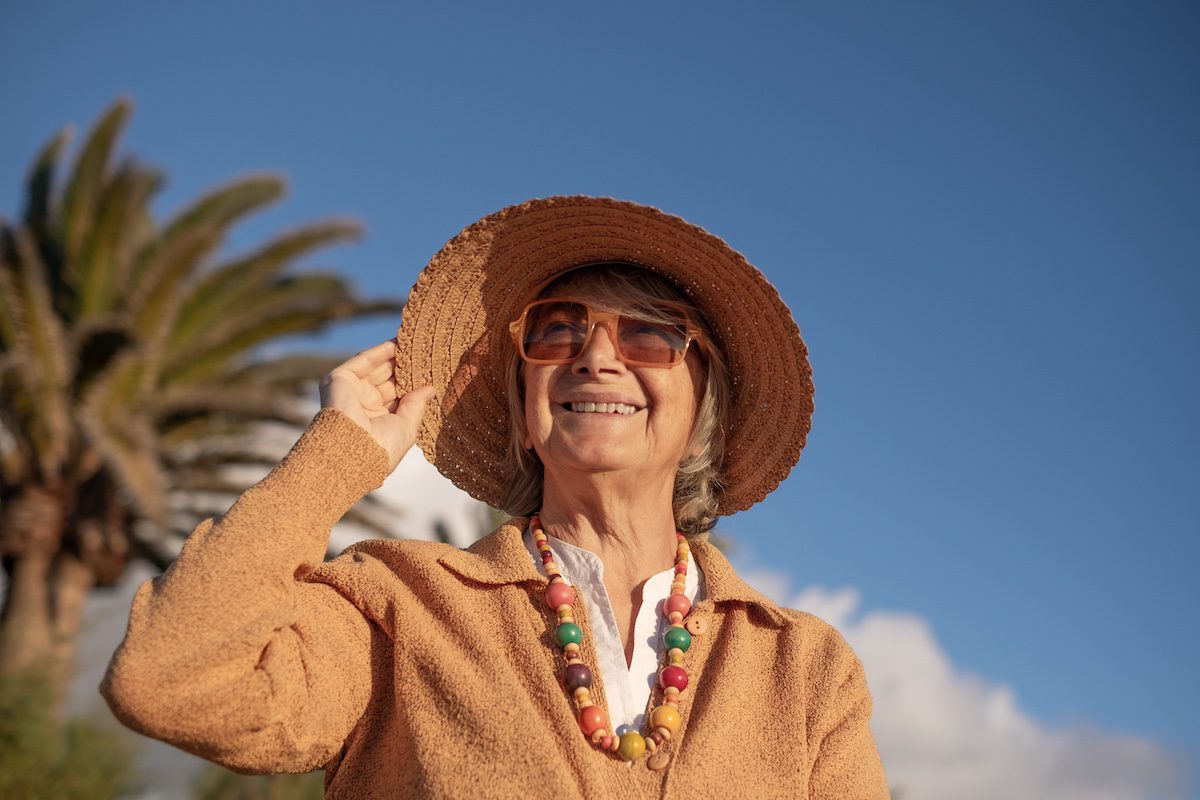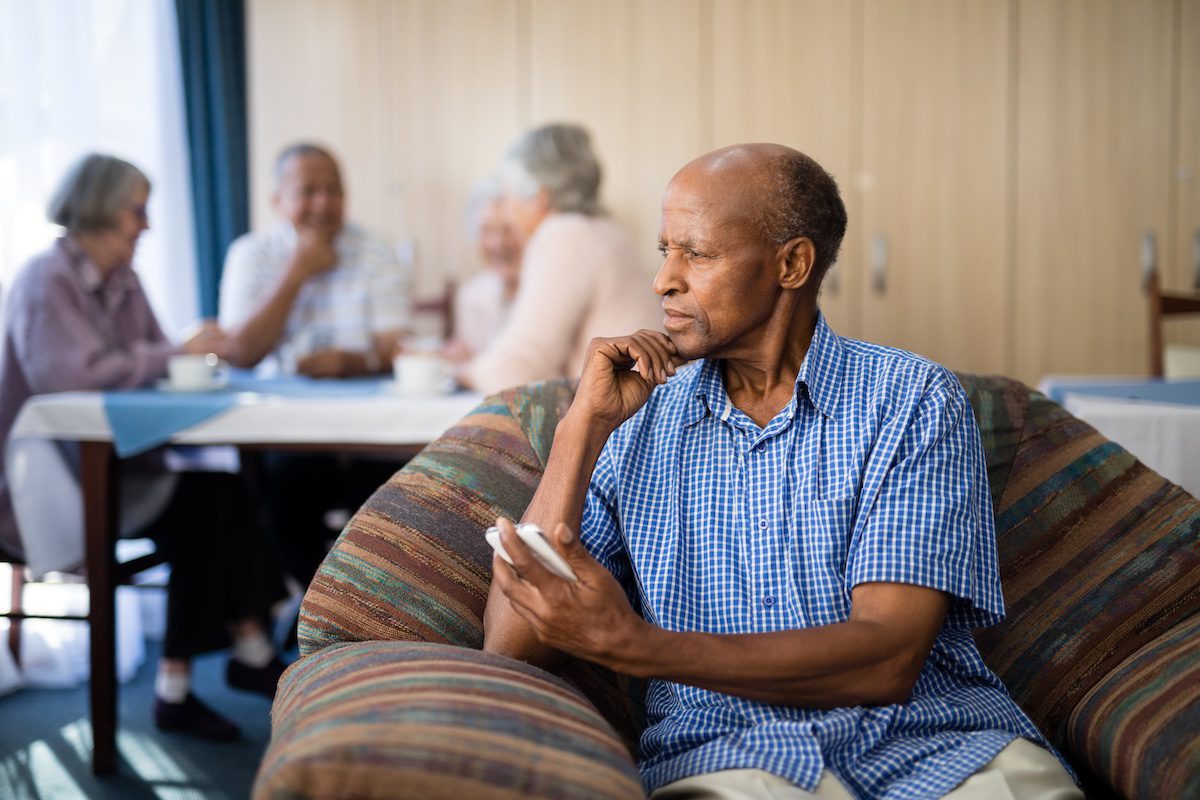Anxiety Disorders Amplified In The Elderly
Anxiety disorders are not limited to any specific age group; they can affect individuals of all ages, including the elderly. However, recognizing anxiety disorders in older adults can be challenging, as symptoms often overlap with typical signs of aging or other medical conditions. Let’s explore how you can recognize anxiety disorders in the elderly and offer insights into the importance of early identification and intervention.
Understanding Anxiety Disorders in the Elderly
Anxiety disorders encompass a range of conditions, including generalized anxiety disorder (GAD), panic disorder, social anxiety disorder, and specific phobias. These disorders can manifest differently in older adults than in younger individuals due to various factors, including age-related changes in physical health, cognitive function, and social circumstances.
Common Signs of Anxiety Disorders in the Elderly
Excessive Worry
Elderly individuals with anxiety disorders often worry excessively about everyday concerns like health, finances, or family matters. This worrying can be persistent and overwhelming.
Physical Symptoms
Anxiety can manifest with physical symptoms like restlessness, muscle tension, trembling, fatigue, and gastrointestinal issues. These symptoms may be mistaken for age-related ailments.
Sleep Disturbances
Anxiety can disrupt sleep patterns, leading to insomnia or frequent waking during the night. Poor sleep quality can exacerbate anxiety symptoms.
Irritability
Elders with anxiety may become easily irritable or agitated, which can strain relationships with family and caregivers.
Avoidance Behavior
Some older adults with anxiety disorders may avoid situations or activities they fear will trigger their anxiety. This can lead to social isolation and reduced engagement in meaningful activities.
Memory and Concentration Problems
Increased Physical Complaints
Anxiety often co-occurs with physical health conditions. Elderly individuals may visit doctors frequently for physical complaints, unaware that anxiety plays a role.
Challenges in Recognizing Anxiety Disorders
Several factors contribute to the underrecognition of anxiety disorders in the elderly:
Stigma
Many seniors grew up in an era when mental health issues were stigmatized. They may be reluctant to discuss their feelings or seek help due to fear of judgment.
Comorbidity
Anxiety disorders often coexist with other medical conditions, making it challenging to distinguish between physical and psychological symptoms.
Communication Barriers
Cognitive decline or hearing loss can impede effective communication, making it difficult for healthcare providers to assess anxiety in older adults.
Lack of Awareness
Family members and caregivers may attribute behavioral changes in elderly loved ones to normal aging, overlooking potential signs of anxiety.
Importance of Early Recognition and Intervention
Identifying anxiety disorders in the elderly is crucial for several reasons:
Improved Quality of Life
Effective treatment can alleviate anxiety symptoms, leading to a higher quality of life for older adults. This includes better sleep, increased social engagement, and reduced physical complaints.
Prevention of Complications
Untreated anxiety can contribute to or exacerbate other health conditions, such as cardiovascular problems or depression.
Enhanced Independence
Early intervention can help seniors maintain their independence by addressing anxiety-related barriers to daily activities.
Reduced Healthcare Costs
Early recognition and treatment of anxiety can lead to cost savings by reducing unnecessary medical visits and hospitalizations.
Recognizing Elderly Anxiety Disorders: Strategies
Education and Awareness
Families, caregivers, and healthcare providers should be educated about the prevalence of anxiety in the elderly and the unique signs it can present.
Open Communication
Create an environment where seniors feel comfortable discussing their emotions and concerns without fear of judgment.
Regular Check-Ins
Regularly check in on elderly loved ones, asking about their emotional well-being and any changes in their behavior or mood.
Collaboration
Healthcare providers should collaborate with mental health professionals to comprehensively assess and treat anxiety in older adults.
Tailored Interventions
Treatment plans should be tailored to the individual’s needs, considering their age, physical health, and cognitive status. This may include psychotherapy, medication, or lifestyle modifications.
Effective Strategies for Managing Senior Anxiety Disorders
Professional Assessment
The first step in managing senior anxiety disorders is a professional assessment by a healthcare provider or mental health specialist. A comprehensive evaluation helps determine the type and severity of anxiety, allowing for tailored treatment.
Psychotherapy
Psychotherapy, particularly cognitive-behavioral therapy (CBT), is a highly effective approach for managing anxiety in seniors. CBT helps individuals identify and change negative thought patterns and behaviors that contribute to anxiety.
Medication
In some cases, medication may be prescribed by a healthcare provider to help alleviate severe anxiety symptoms. Medication options should be carefully considered, taking into account the senior’s overall health and potential drug interactions.
Lifestyle Modifications
Encouraging seniors to adopt a healthy lifestyle can significantly aid in anxiety management. Regular exercise, a balanced diet, and adequate sleep promote physical and mental well-being.
Mindfulness and Relaxation Techniques
Teaching seniors mindfulness and relaxation techniques, such as deep breathing exercises, meditation, and yoga, can help reduce anxiety levels and improve coping mechanisms.
Social Support
Encourage seniors to maintain strong social connections with family, friends, and support groups. Social support provides emotional validation and a sense of belonging, which can reduce feelings of anxiety.
Regular Routine
Establishing a daily routine can provide a sense of structure and predictability, reducing uncertainty-related anxiety triggers.
Addressing Underlying Health Issues
Seniors often have comorbid health conditions that can exacerbate anxiety. It is crucial to manage these conditions effectively, as improved physical health can positively impact mental well-being.
Education and Self-Help
Educate seniors and their caregivers about anxiety disorders, their symptoms, and available resources. Self-help materials and strategies can empower seniors to manage their anxiety actively.
Fall Prevention
Anxiety can lead to an increased risk of falls due to muscle tension and fear-related avoidance behaviors. Implementing fall prevention strategies can enhance physical safety and reduce anxiety.
Regular Follow-Up
Managing senior anxiety disorders is an ongoing process. Regular follow-up appointments with healthcare providers and mental health specialists can track progress and make necessary adjustments to the treatment plan.
Caregiver Support
Family caregivers play a vital role in the well-being of seniors with anxiety disorders. Caregivers should seek their support networks and consider counseling or support groups to cope with the challenges of caring for a senior with anxiety.
Caregiver burnout is a common concern when providing care to seniors, especially those with anxiety disorders. It can manifest as emotional exhaustion, physical fatigue, and even resentment. Neglecting self-care can lead to a decline in the quality of care provided and the caregiver’s overall well-being.
The Importance of Self-Care for Caregivers
- Sustained Support: Ensuring your own well-being allows you to provide consistent, high-quality care for seniors over the long term.
- Emotional Resilience: Self-care enhances your emotional resilience, helping you better cope with caregiving’s challenges and emotional demands.
- Maintaining Relationships: Balancing caregiving responsibilities with personal life and relationships is vital to prevent isolation and maintain a support network.
- Reduced Stress: Self-care practices can reduce stress, which can directly impact your physical and mental health.
You may have good intentions, but they will do nothing for the senior you are supporting if you don’t have support for yourself.
Paying Attention To Needs
Managing senior anxiety disorders requires a multifaceted approach that recognizes older adults’ unique needs and circumstances. Early intervention and a combination of strategies, including psychotherapy, medication when necessary, lifestyle modifications, and social support, can lead to improved mental well-being and a better overall quality of life for seniors.
It is essential to approach each senior’s anxiety management on an individual basis, taking into account their specific symptoms, medical history, and personal preferences. By providing the appropriate care and support, we can help seniors lead fulfilling lives, free from the burden of unmanaged anxiety disorders, and ensure they enjoy their golden years to the fullest.










